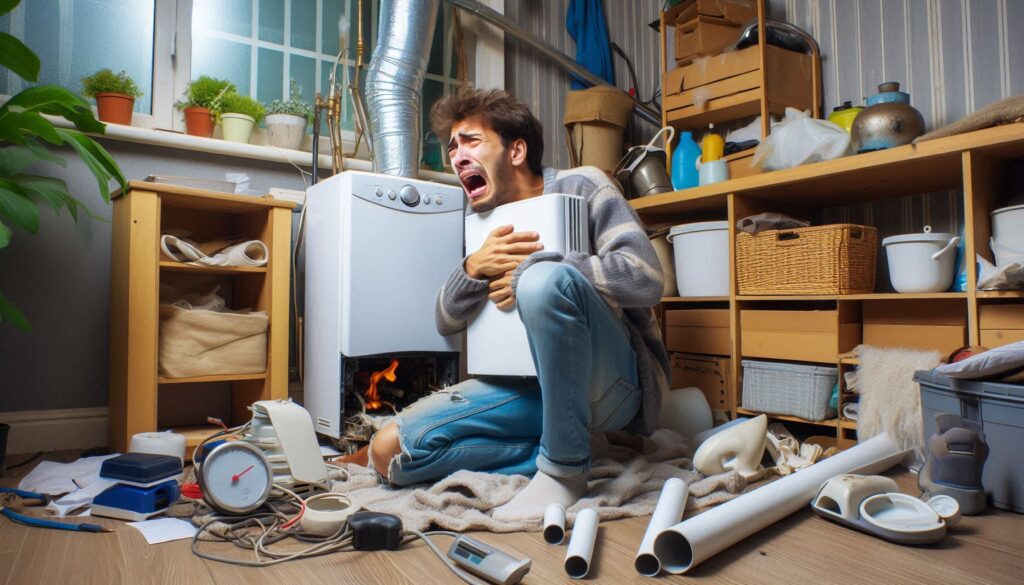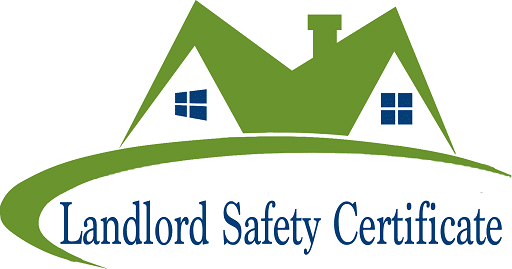
In London’s rental market, gas safety law clearly outlines who holds gas responsibilities—landlord or tenant. Understanding landlord vs tenant gas responsibility is vital for avoiding legal trouble and protecting tenants. As a landlord, you’re required to keep gas appliances safe and compliant. Tenants must use gas appliances correctly and notify landlords of issues. Let’s walk through each party’s roles under UK law, best practices for London properties, and real-life scenarios to help clarify responsibilities.
Landlords must book a gas safety check every 12 months with a Gas Safe registered engineer. The gas certificate (CP12) must be issued and a copy given to tenants. Failing to do so breaches gas safety law and risks fines up to £6,000.
Landlords must keep gas appliances, flues, and pipework in safe condition. They must respond promptly to reported faults—even if the tenant caused them. Regular servicing ensures compliance with gas safety law and protects occupant safety.
Landlords must retain copies of all gas safety certificates and repair invoices. These records serve as proof of compliance under landlord vs tenant gas responsibility and are often required by agents or local councils.
Tenants don’t have to maintain appliances—but they must use them safely.
• Operate gas appliances as instructed by the landlord or manufacturer.
• Not interfere with safety devices, ventilation systems, or flues.
• Report gas smells, pressure issues, or unusual appliance behavior immediately.
By acting responsibly, tenants help landlords maintain compliance with gas safety law and reduce the risk of hazards like carbon monoxide leaks.
Here’s a practical breakdown:
Scenario | Landlord Responsible? | Tenant Responsible? |
Annual gas safety check | ✅ | ❌ |
Appliance malfunction (natural wear) | ✅ | ❌ |
Danger caused by misuse | ✅ (repair) | 🟡 (prevention/reporting) |
Sharing copies of certificate | ✅ | ❌ |
Blocking ventilation of cooker | ✅ (fix) | ✅ (should not block) |
Cleaning extractor filters | ❌ | ✅ |
Transitioning between landlord obligations and tenant actions, it becomes clear that a collaborative approach ensures both safety and compliance.
London boroughs often enforce gas safety law rigorously, especially for HMOs or properties under licence. Landlords who ignore their responsibilities risk:
• Enforcement notices
• Fines or criminal charges
• Invalidated insurance
• Tenant eviction notices being rejected
By understanding landlord vs tenant gas responsibility, landlords in London stay compliant—even during property audits or licensing checks.

Effective communication plays a crucial role in managing landlord vs tenant gas responsibility. From the very beginning, you must ensure tenants fully understand their role in maintaining gas safety. Therefore, when tenants move in, take these proactive steps:
• First, provide a copy of the latest Gas Safety Certificate before they receive the keys.
• Next, clearly explain how to operate gas appliances safely and what to avoid.
• Then, clarify their responsibilities—such as reporting gas faults immediately and never tampering with appliances or ventilation systems.
• Finally, give them emergency contact information and instructions for the carbon monoxide alarm.
By setting these expectations early, you reduce the risk of confusion and reinforce compliance with gas safety law. Good communication empowers tenants and strengthens your commitment to a safe rental property.
Tenant Actions:
• Immediately report any gas smell, poor flame, or lack of hot water.
• Stop using the appliance until it’s inspected.
• Never attempt repairs themselves.
Landlord Actions:
• Arrange a licensed engineer within 24 hours.
• Replace faulty parts or appliances quickly.
• Keep written records of all work done.
This approach clarifies landlord vs tenant gas responsibility and complies with gas safety law.
Misunderstandings around landlord vs tenant gas responsibility can lead to problems. Here are a few common myths under gas safety law:
• “A valid certificate means everything is safe.”
Not exactly. Landlords must still maintain gas appliances and act on tenant reports.
• “Tenants are fully responsible for damage.”
Landlords must handle inspections even if tenants caused the issue. Tenants may only pay for repairs if clearly at fault.
• “Ventilation is only the landlord’s job.”
Tenants must also keep vents clear to ensure proper airflow and safety.
Clear communication and basic tenant safety education help prevent these misunderstandings.
Failing to meet gas safety law responsibilities can lead to:
• £6,000 fines and court cases
• Insurance denial
• License suspension in regulated boroughs
• Health risks or fatal outcomes for tenants
Above all, landlords must supervise landlord vs tenant gas responsibility carefully to prevent disasters and litigation.
To stay compliant and ensure clarity:
Keeping these routines helps you meet landlord electrical requirements and gas safety responsibilities too.
In London rentals, both landlord and tenant play distinct yet complementary roles in gas safety:
• Landlords maintain and inspect appliances, keeping records.
• Tenants use appliances safely and report issues promptly.
Understanding landlord vs tenant gas responsibility, staying compliant with gas safety law, and maintaining clear communication ensures safer homes and stronger landlord reputation.

